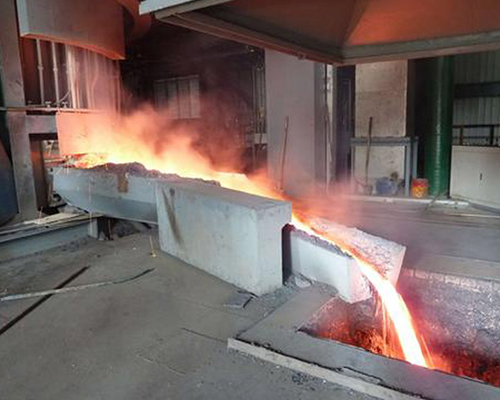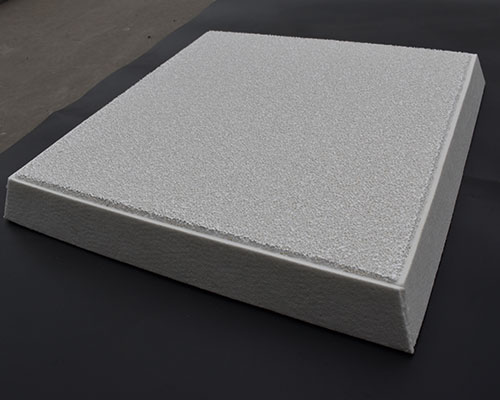Ceramic Foam Filter Boyne Aluminum is a combination of excellent strength, thermal properties, and resistance to attack from molten aluminum.
Filtration is an important part of every manufacturing and foundry industry. Different industries use different materials to filter their finished products. Alumina ceramic foam filters are used in foundries that cast molten aluminum. As we all know, aluminum is the best material and has many applications.
Foundries help shape molten aluminum into different structures to make better use of metal. However, unless you use high-efficiency tools to filter it, the process is still incomplete. The presence of impurities and other unwanted products in the metal will reduce the quality of the metal, thereby reducing the quality of the material cast from the metal. The ultimate goal of aluminum foundry is to make a profit, and high-quality casting materials help achieve this goal.
Ceramic foam filters are used to filter and clean aluminum, such as used for beverage can applications and aircraft alloys. Ceramic Foam Filter Boyne Aluminum is a proven, cost effective way to remove inclusions from aluminum melts.

Boyne Smelters Limited (BSL) has been operating since 1982 and is Australia’s second largest aluminum smelter. The plant is located on Boyne Island in central Queensland. Its activities include manufacturing carbon anodes at the carbon plant, producing (smelting) aluminum on a reduction line, and casting molten metal into aluminum products ready for shipment. The smelter is adjacent to the Queensland Alumina Limited Refinery and is connected to the refinery through a conveyor belt to supply alumina.
Since the opening of the smelter in 1982, BSL has expanded significantly. A series of multi-million dollar investments has increased its production capacity from 210,000 tons of aluminum per year to today’s production capacity of more than 500,000 tons of aluminum per year.
BSL continues to invest in a range of technologies, including automation projects, and is also looking for ways to improve energy efficiency. For example, in 2018, BSL implemented a $23 million Undercell Bus Bar project to increase the production of approximately 9,200 tons of metal per year without using additional electricity.
BSL contributes to the circular economy by recycling, reusing, reducing waste and preserving value. About 156 million aluminum cans are recycled every year, making it Australia’s largest aluminum can recycling plant.

